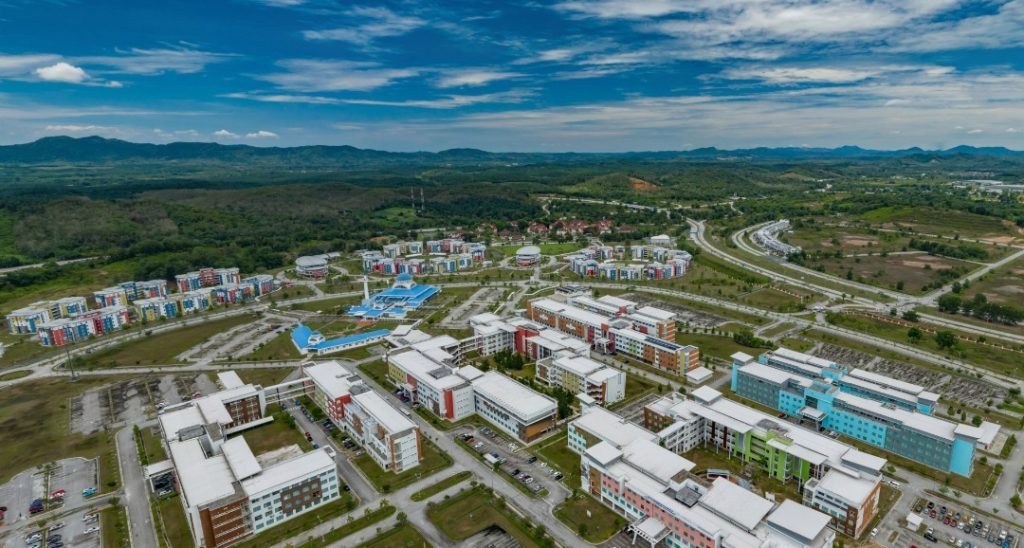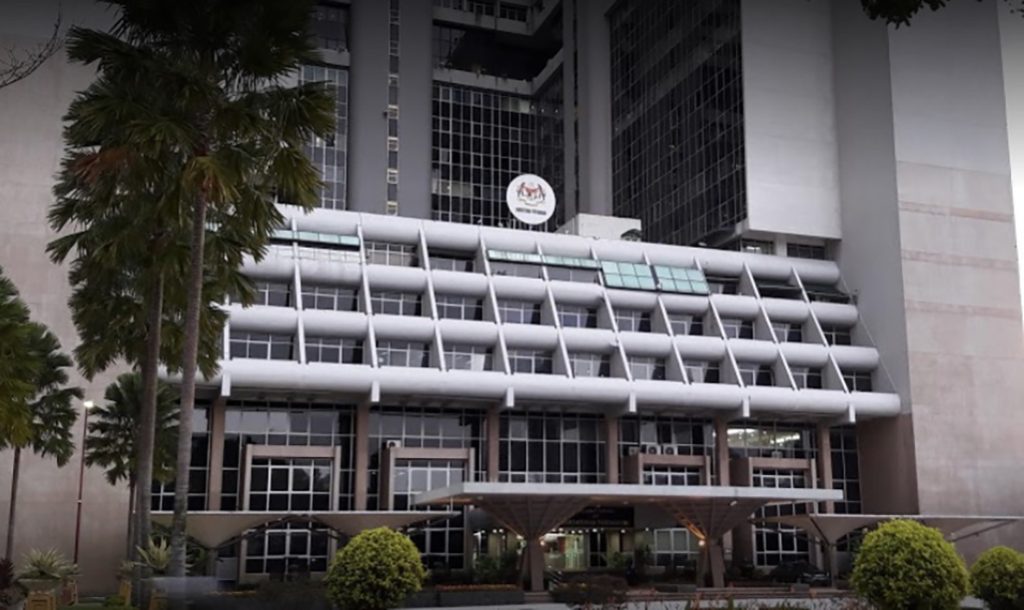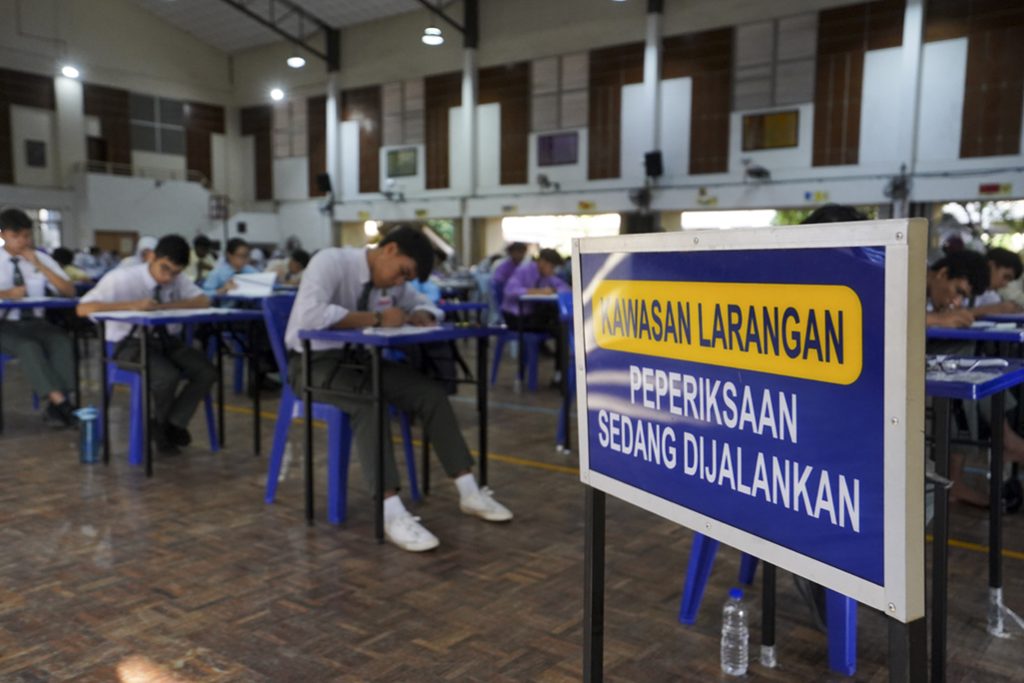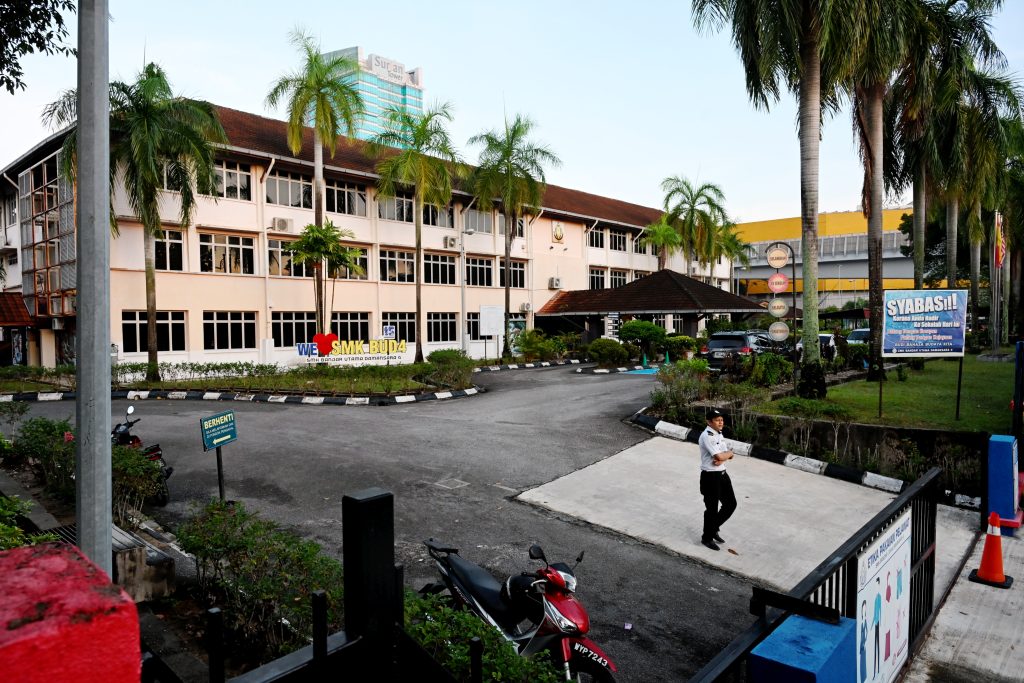Auto Added by WPeMatico

IPOH — Universiti Pendidikan Sultan Idris (UPSI) has strengthened its global standing after being ranked 101-125 in the Times Higher Education’s (THE) World University Rankings 2026: Education Studies.
Vice-Chancellor Prof Datuk Dr Md Amin Md Taff said the latest ranking marks an improvement from the previous 126-150 band.
“This achievement further cements UPSI’s position as a leading education university in Malaysia and globally, and represents international recognition of our strengths in education,” he said in a statement.
He attributed the success to sustained efforts by the university community to enhance high-impact research, industry engagement and international collaboration.
Md Amin said the achievement also reflects the effective implementation of UPSI’s BITARA framework, which emphasises talent excellence, innovation and research, technological transformation, ethics and academics, ecosystem revolution, and global adaptability.
He said that the recognition aligns with UPSI’s core focus on the field of education and its mission to produce high-quality educators to serve nationwide.
“The achievement is also in line with the call by Higher Education Minister Datuk Seri Dr Zambry Abd Kadir to elevate Malaysia’s higher education profile globally by 2030,” he added. — BERNAMA
The post UPSI rises to 101-125 band in world university rankings 2026 for education studies appeared first on The Malaysian Reserve.









